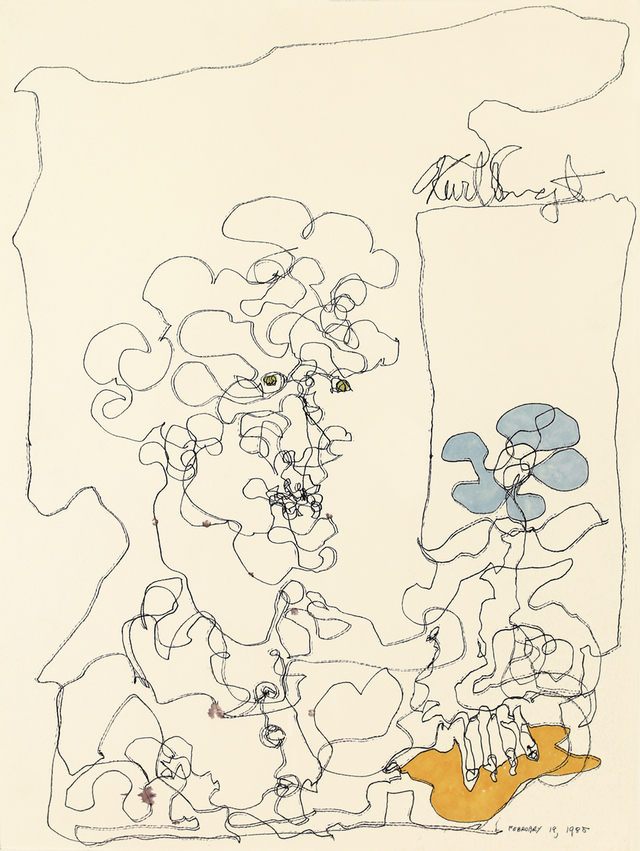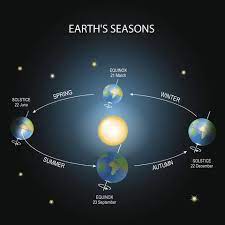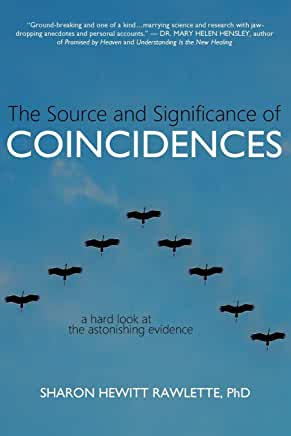
In the spy thriller, Six Days of the Condor, by James Grady, Ronald Malcolm is a bookworm who works at the American Literary Historical Society. Actually, the society is a front for the CIA, and Malcolm is an agent who spends his days reading novels with a few colleagues combing the pages for clues that might predict real life upcoming scenarios. Of course things go bad for Malcolm in the book and the 1975 movie, Three Days of the Condor that starred Robert Redford, Faye Dunaway, and Cliff Robertson. I’ve seen it a couple of times. It’s a good one.
Now we have a real-life program, called Project Cassandra, that was set up three years ago to do about the same thing. The German military collaborated with literary academics at the University of Tübingen to read novels and search for hints of possible future conflicts. The small team of literary scholars was led by Jürgen Wertheimer, a professor of comparative literature.
“Writers operate on a plane that is both objective and subjective,” Wertheimer said in an interview with the Guardian.
But the German press wasn’t greatly impressed when word got out about colonels meeting with literary academics to predict wars and humanitarian crises.The idea that literature could be used by the defence ministry to identify civil wars and humanitarian disasters ahead of time, wrote the Neckar-Chronik newspaper, was as charming as it was hopelessly naive. “You have to ask yourself why the military is financing something that is going to be of no value whatsoever.”
From the Guardian article: Charges of insanity, Wertheimer says, have forever been the curse of prophets and seers. Cassandra, the Trojan priestess of Greek myth, had a gift of foresight that allowed her to predict the Greek warriors hiding inside the Trojan horse, the death of Mycenaean king Agamemnon at the hands of his wife and her lover, the 10-year wanderings of Odysseus, and her own demise. Yet each of her warnings was ignored: “She’s lost her wits,” says Clytaemestra in Aeschylus’ play Agamemnon, before the chorus dismiss her visions as “goaded by gods, by spirits vainly driven, frantic and out of tune.”
There are plenty of novels that predicted future events. Three decades before Hiroshima and Nagasaki, H.G. Wells wrote The World Set Free, about atomic bombs with radioactive elements that contaminate battlefields. British author John Brunner’s Stand on Zanzibar, published in 1968, pictured European states forming a collective union, China’s rise as a global power, the economic decline of Detroit, and the inauguration of a “President Obomi.”
We’ve written here in the blogs about novelists who have predicted future dramatic events. Fourteen years before the Titanic sank, Morgan Robertson wrote Futility: The Wreck of the Titan that accurately predicted a cruise ship very similar to the Titanic hitting an iceberg and sinking. In George Orwell’s Nineteen Eighty-Four, a one-party state uses “telescreens” to identify people from their expressions and heart rate. It was written more than sixty years before facial recognition software became prevalent. Even more creepy was Edgar Allan Poe’s unfinished novel, The Narrative of Arthur Gordon Pym, that predicted an act of cannibalism at sea with eerie accuracy, including the victim’s correct name–Richard Parker–forty years before the event.
Closer to home, Trish wrote Category 5 predicting a massive hurricane hitting Miami the year before Hurricane Andrew struck. A few years after the hurricane hit, meteorologists upgraded it to a category 5.
Wertheimer told the Guardian that novelists have a “sensory talent.” Literature, he reasons, has a tendency to channel social trends, moods and especially conflicts that politicians prefer to remain undiscussed until they break out into the open. “Writers represent reality in such a way that their readers can instantly visualize a world and recognize themselves inside it. They operate on a plane that is both objective and subjective, creating inventories of the emotional interiors of individual lives throughout history.”
If states could learn to read novels as a kind of literary seismograph, Wertheimer argues, they could perhaps identify which conflicted are on the verge of exploding into violence, and intervene to save maybe millions of lives.
To find out more about the techniques that Wertheimer and his team used, you can take a look at the in-depth article from the Guardian















